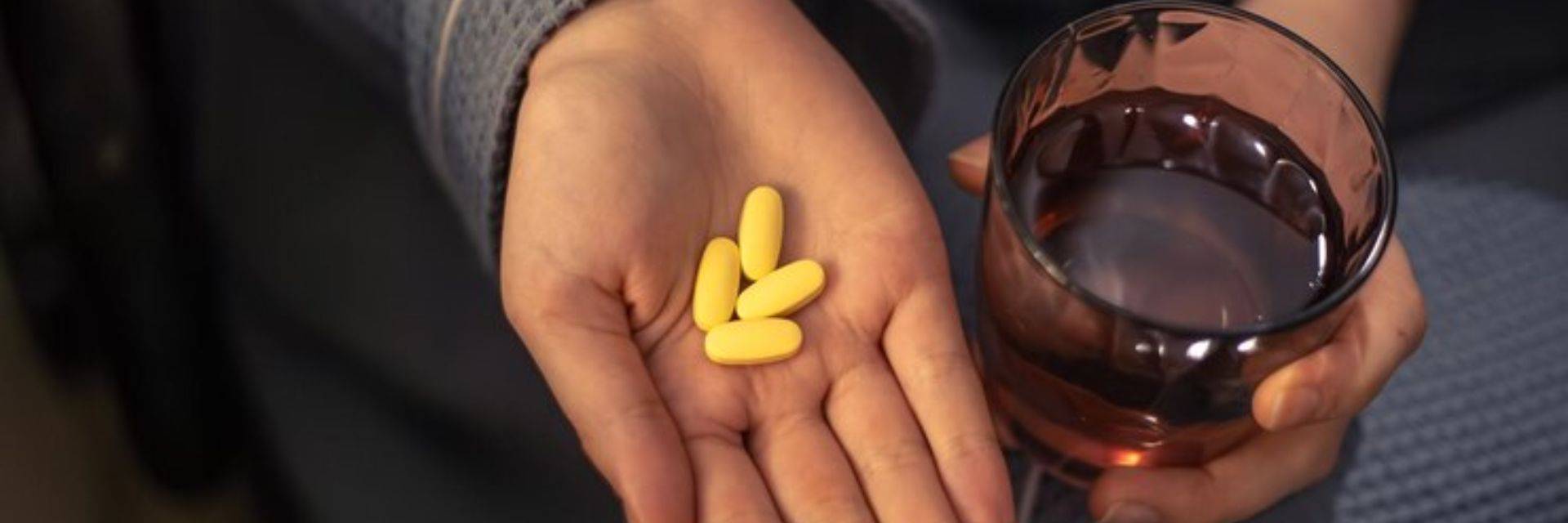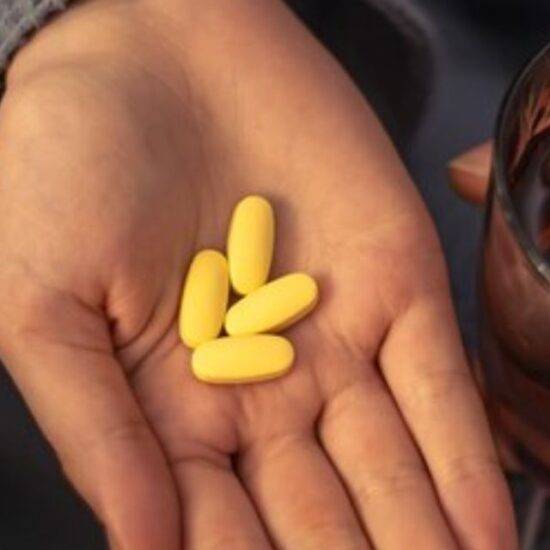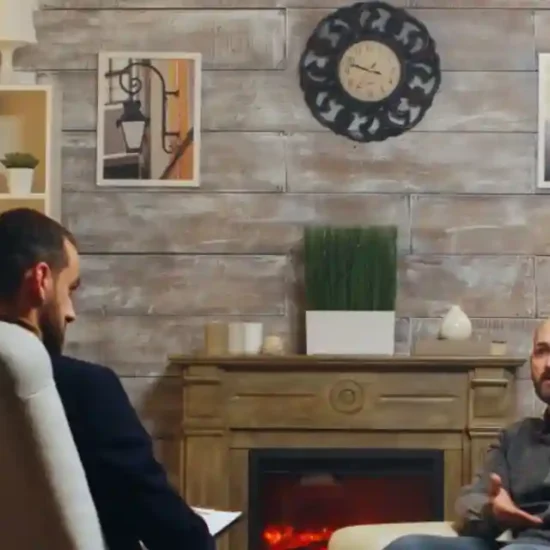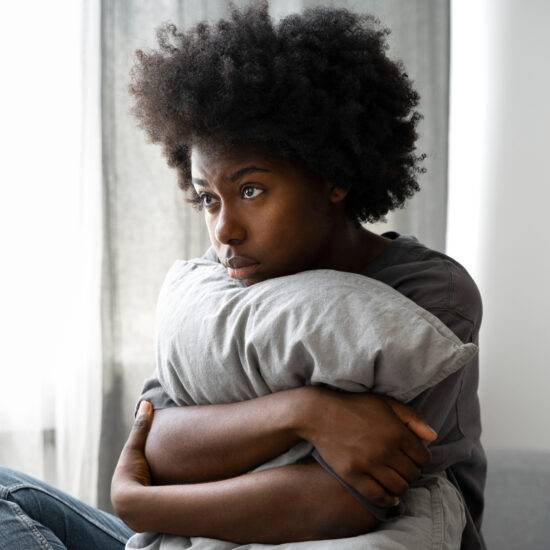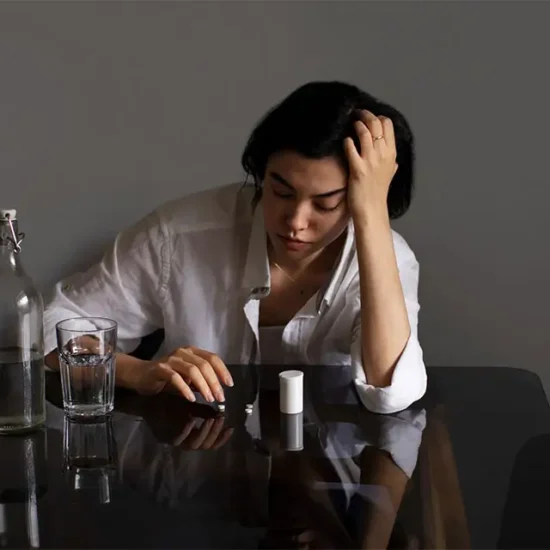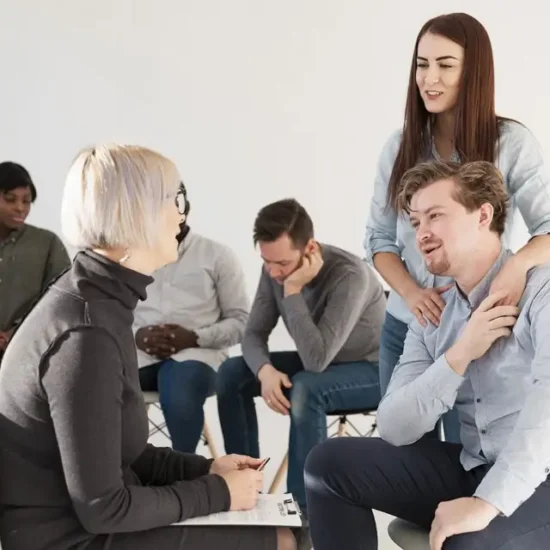Overview
Addiction isn’t just about the substance; it’s about the life it takes away from you. The pain, the struggles, and the constant battle can feel overwhelming at times. You may be asking yourself, ” How long does it take to stop an addiction ?” The truth is, there isn’t a simple answer. Each person’s journey to recovery is unique, and understanding the factors that influence this timeline can help you manage expectations and find hope in the process.
The path to recovery is long, but it’s not one you have to walk alone. Whether you’re battling alcohol, drugs, or a behavioral addiction, the road can be difficult, but with the right support, recovery is possible. How long does it take to stop an addiction ? It depends on several things, but more importantly, it depends on you. Your willingness to heal, your access to treatment, and the support you receive can all play crucial roles.
At BHouses, we believe recovery isn’t just about “getting clean”; it’s about reclaiming your life, finding your true self, and rebuilding everything that addiction has taken. Let’s dive into the factors that shape the recovery process and how you can approach them with a clear mind and hope for the future.
The Road to Recovery: Key Factors That Impact Your Timeline
When you ask, “How long does it take to stop an addiction ,” you’re really asking about the factors that will influence your journey. Some people may recover in a few months, while others might need more time, sometimes years. The research notes that 48.5 million Americans aged 12 and older battled a substance use disorder in the past few years.
What you need to know is that several factors can speed up or slow down recovery, but no matter the length, every step you take brings you closer to a better, healthier life.
- The Type of Addiction: Some addictions, like alcohol or drugs, may require more intense care and take longer to recover from. On the other hand, behavioral addictions, while still challenging, may have different timelines.
- The Severity of the Addiction: If addiction has been a part of your life for years, it can take more time to break free. More severe addictions often require longer periods of treatment and care.
- Mental Health Factors: If you’re dealing with mental health conditions alongside addiction, it can lengthen your recovery process. These co-occurring conditions need to be addressed for lasting recovery.
- Support System: A solid support system is one of the most important factors in speeding up recovery. The love and understanding of family, friends, or a dedicated support group can make all the difference.
- Treatment Type: The methods used to treat your addiction—whether through detox, therapy, or medication; affect the timeline. The right treatment plan tailored to your needs is vital for success.
Each of these factors influences how long it takes to stop an addiction, but it’s important to remember recovery is a journey, not a race. Trust that the time you invest will pay off in the long run.
What Does the Recovery Process Look Like?
4.2 million people aged 12 and older needed treatment for a substance use disorder, but only 23% received the necessary treatment. Understanding what happens during the recovery process can help you feel more prepared. Recovery isn’t a straight line. There are different stages, each with its own timeline. However, knowing what to expect during each phase can make it less overwhelming.
- Detoxification: The first step is detox, which helps your body get rid of the substance. This process typically lasts from a few days to a week. It can be uncomfortable, but it’s necessary for the body to heal.
- Therapy and Counseling: Once detox is complete, therapy begins. This part can last anywhere from a few months to a year or more. Counseling helps you understand the root causes of your addiction, build coping mechanisms, and avoid triggers.
- Support Groups: After formal treatment, many people turn to support groups. These groups can be critical in maintaining sobriety. Whether it’s a few months or years, ongoing support helps reinforce your commitment to recovery.
At each stage, the question of how long does it take to stop an addiction depends on how well you progress through these phases. But it’s important to note that even after the treatment phase is over, recovery is a lifelong commitment.
Understanding Different Recovery Timelines for Different Addictions
Addiction is not one-size-fits-all. Recovery timelines will differ based on the substance or behavior involved. The Substance Abuse and Mental Health Services Administration (SAMHSA) reports that 60% of individuals with substance use disorders also experience a co-occurring mental health disorder, which can significantly influence the length and difficulty of recovery.
Let’s break down the recovery time for different types of addictions:
- Alcohol Addiction: Recovery can take anywhere from a few months to a year, depending on the severity of the addiction. Detox usually takes a few days, but ongoing therapy and support groups may last much longer.
- Drug Addiction (Opioids, Cocaine, etc.): For substances like opioids, recovery can take several months. MAT (Medication-Assisted Treatment) may also be a key part of the recovery process, which can extend the timeline but ensure safety and effectiveness.
- Behavioral Addictions: These may take a bit longer since they often involve reworking habits and thought patterns. Therapy is the key to addressing the psychological aspects of these addictions.
In all cases, the critical question remains: how long does it take to stop an addiction? The answer lies in your commitment to the treatment plan and the support you receive along the way.
Key Elements That Can Speed Up or Slow Down Recovery
Several factors can impact how quickly you recover from addiction. Here are a few elements to keep in mind:
- Personal Motivation: The more motivated you are to get clean, the faster your recovery might go. Motivation is key in sticking with treatment and following through.
- Intensity of Therapy: Some therapies work faster than others. Behavioral therapies like CBT or even Medication-Assisted Treatment (MAT) may shorten the timeline by addressing the addiction and mental health aspects simultaneously.
- Support Network: Having a supportive family, friends, or professional counselors can significantly speed up recovery.
- Relapse: Unfortunately, relapse can happen. It doesn’t mean failure. This means you may need to take more time to address the deeper issues. The key is not to give up.
The biggest takeaway here is that how long does it take to stop an addiction is not determined by one single thing. Your personal situation, treatment plan, and support system all come into play.
Conclusion: Taking the First Step Toward Recovery
Overcoming addiction isn’t easy, but it’s possible. No matter how long it takes, each day brings you one step closer to the person you deserve to be. How long does it take to stop an addiction? The timeline may vary, but the journey is worth every moment. It’s not about rushing the process but about fully committing to each phase of recovery.
At BHouses, we’re here to help you reclaim your life. With personalized treatment plans, a compassionate team, and a strong support system, we can guide you through each step. Recovery is a long-term process, but it’s one that leads to hope, health, and happiness.
Are you ready to start your journey? Take the first step with us today. We’re here to support you every step of the way.
FAQs
Q: How long does it take to break a habit addiction?
Breaking a habit addiction can take anywhere from a few weeks to several months, depending on the severity and the support system in place. Consistent effort, therapy, and understanding of triggers play key roles in overcoming the habit.
Q: What are the five stages of change in addiction?
The five stages of change in addiction are pre-contemplation, contemplation, preparation, action, and maintenance. These stages represent a person’s journey through awareness, decision-making, taking action, and working to sustain long-term recovery from addiction.
Q: How many days does it take to overcome addiction?
There isn’t a specific number of days to overcome addiction, as recovery is a lifelong process. However, physical withdrawal symptoms can last between a few days to several weeks, while emotional and psychological recovery may take longer.
Q: How long do cravings last?
Cravings can vary in duration, but they generally last for a few minutes to several hours. Over time, cravings tend to decrease in frequency and intensity as the body and mind adjust to sobriety and recovery.
